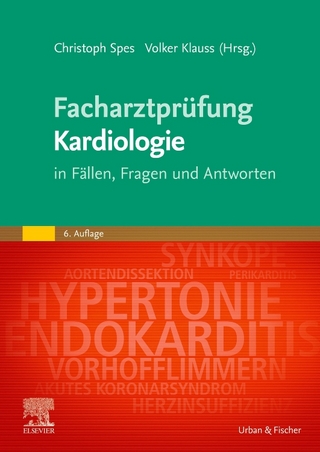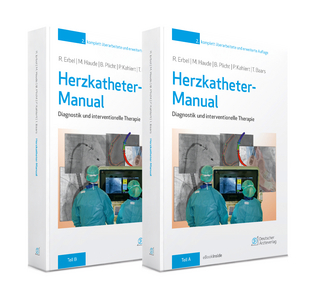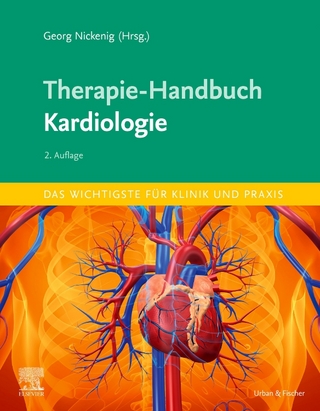Mechanosensitivity of the Heart
Investigation of the mechanisms of cellular response to different mechanical stimuli, as well as mechano-electrical feedback (MEF) in the intact heart is one of the main topics in fundamental and clinical cardiology. The present volume of "Mechanosensitivity in Cells and Tissues: Mechanosensitivity of the Heart" c- bines excellent reviews written by worldwide leaders in this ?eld. The 3rd volume is a great addition to this excellent series of books edited by Andre Kamkin and Irina Kiseleva. This volume successfully combines reviews, aimed at academic, physiology and clinical cardiology communities, devoted to mechanosensitivity of the normal and diseased heart at the ion channel, cell, tissue and organ levels. Kamkin and Kiseleva have made signi?cant contributions to the investigation of mechanosentive ion channels in cardiomyocytes and ?broblasts. Their ba- ground, in addition to extensive collaborations helped them to ?nd and consolidate valuable research ?ndings from prominent specialists in the ?eld of cardiac mechanosensitivity. In the last decade, interest in the role of MEF in the heart has increased sign- cantly.
MEF within cardiac tissue is a complex phenomenon in which electroph- iological changes are triggered by myocardial stretch. This phenomenon has been studiedintheclinicalcommunityforoveracenturyandmayhavebothpro-rhythmic and arrhythmogenic consequences. While signi?cant advances have been made in understanding of the effects of mechanical forces on cardiac cells, many questions remain regarding the mechanisms whereby mechanical forces are transduced into changes which alter the behavior of various cardiac cells.
Molecular Mechanisms of Mechanotransduction in Cardiac Cells.- Titin and Titin-Associated Proteins in Myocardial Stress-Sensing and Mechanical Dysfunction.- Mechanical Stretch-Induced Reorganization of the Cytoskeleton and the Small GTPase Rac-1 in Cardiac Fibroblasts.- Molecular Signaling Mechanisms of Myocardial Stretch: Implications for Heart Disease.- Mechanical Stress Induces Cardiomyocyte Hypertrophy Through Agonist-Independent Activation of Angiotensin II Type 1 Receptor.- Mechanically Induced Potentials and Currents of the Cardiac Cells in Healthy and Diseased Myocardium.- Mechanostransduction in Cardiac and Stem-Cell Derived Cardiac Cells.- Stretch-Activated Channels in the Heart: Contribution to Cardiac Performance.- Effects of Applied Stretch on Native and Recombinant Cardiac Na+ Currents.- Mechanosensitive Alterations of Action Potentials and Membrane Currents in Healthy and Diseased Cardiomyocytes: Cardiac Tissue and Isolated Cell.- The Role of Mechanosensitive Fibroblasts in the Heart: Evidence from Acutely Isolated Single Cells, Cultured Cells and from Intracellular Microelectrode Recordings on Multicellular Preparations from Healthy and Diseased Cardiac Tissue.- Scanning Ion Conductance Microscopy for Imaging and Mechanosensitive Activation of Selected Areas of Live Cells.- Mechano-Electric Feedback in the Whole Heart and a Computer Simulation Study.- The Contribution of MEF to Electrical Heterogeneity and Arrhythmogenesis.- Mechanical Modulation of a Reentrant Arrhythmia: The Atrial Flutter Case.- Early Hypertrophic Signals After Myocardial Stretch. Role of Reactive Oxygen Species and the Sodium/Hydrogen Exchanger.- Stretch-Induced Inotropy in Atrial and Ventricular Myocardium.- Effects of Wall Stress on the Dynamics of Ventricular Fibrillation: A Computer Simulation Study of Mechanoelectric Feedback.- Electromechanical Modelling of Cardiac Tissue.- Arteries as a Source of Myogenic Contractile Activity: Ionic Mechanisms.- Specific Mechanotransduction Signaling Involved in Myogenic Responses of the Cerebral Arteries.
| Erscheint lt. Verlag | 1.12.2009 |
|---|---|
| Reihe/Serie | Mechanosensitivity in Cells and Tissues ; 3 |
| Zusatzinfo | XXXVII, 471 p. |
| Verlagsort | Dordrecht |
| Sprache | englisch |
| Maße | 155 x 235 mm |
| Themenwelt | Medizinische Fachgebiete ► Innere Medizin ► Kardiologie / Angiologie |
| Studium ► 1. Studienabschnitt (Vorklinik) ► Physiologie | |
| Naturwissenschaften ► Biologie ► Biochemie | |
| Naturwissenschaften ► Biologie ► Zellbiologie | |
| Schlagworte | Herz (anatom.) |
| ISBN-10 | 90-481-2849-8 / 9048128498 |
| ISBN-13 | 978-90-481-2849-5 / 9789048128495 |
| Zustand | Neuware |
| Haben Sie eine Frage zum Produkt? |
aus dem Bereich




